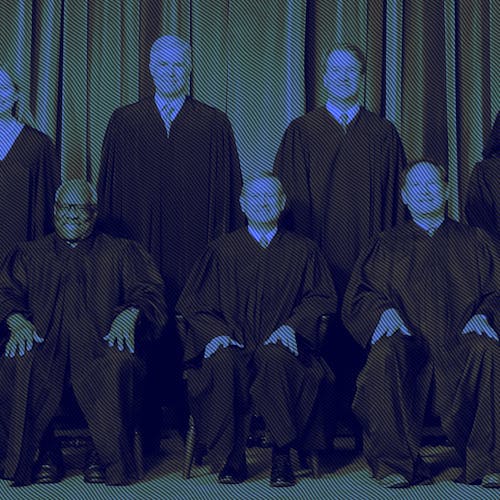EDITORIAL: College athletes deserve compensation

A new bill proposed in California could potentially lead to college athletes becoming paid employees under state law.
“The new law, which is supposed to take effect in 2023, attacks the National Collegiate Athletic Association’s (NCAA) long-held philosophy that college athletes should earn a degree, not money, for playing sports. That view, also under assault in several other states and on Capitol Hill, has held up even as the college sports industry swelled into a behemoth that generated at least $14 billion last year, and as athletes faced mounting demands on their bodies and schedules," according to The New York Times.
Such measures have become a fold of the public dialogue lately.
Generally, public views differ. Typical negative responses are laced with these reasons: college athletes are students first, athletes already have their tuition paid (in some cases) and employment would dilute the purity of an amateur sport.
Proponents argue that athletes bring in money as laborers, and should be duly compensated. They point to coaches and administrators enriching themselves with a sea of student-earned cash, while athletes are left with comparatively measly returns (through discounted attendance and housing).
Structural issues come about when athletes are paid directly, including many potential problems that have been discussed by the media in the wake of the California bill. Most notably, California would theoretically be alone in passing this bill.
How would schools from other states react when other institutions are allowed to pay their players as professionals, while they are forced to continue paying players through meals and housing?
Essentially, the NCAA would split into two different sub-leagues: one which does and one which does not pay its players. It is possible that a higher caliber of players would flock to California for big paydays, while the rest of the league would retain less skilled, unpaid players.
Teams would be cautious of scheduling teams that treated their players differently, as a different level of competition would exist.
This leads to a stark conclusion: Paying players would only work if the entire nation got on board.
Softer measures can be taken to assure that college athletes are not taken advantage of, while still guaranteeing that the quality of play remains consistent across the country. The easiest and perhaps most effective of these solutions is granting players the ability to use their own likeness.
The fact that such fundamental human agency was denied by the NCAA in the first place is absurd, and could even provide a clue as to how the administrators view these players. Unlike any other adult in the entirety of the county, college athletes cannot profit from themselves.
They cannot sponsor products, sell autographed memorabilia nor sell their jerseys. In no possible way can a college athlete make money off themselves. Not off of their team nor brand, but not even themselves.
By giving athletes the ability to use their likeness, a few significant improvements are made upon the current system. Athletes would only make as much as their person commands. This assures that athletes are not overpaid nor underpaid by their university, as any and all money made by the athlete would their and their team’s responsibility.
Simple ethical arguments can also be used to defend athletes using their likeness. A wealthy, private organization such as the NCAA should not be able to dictate how grown adults are able to use the most basic of their property: themselves.
The NCAA raises $11 billion in annual revenue, more than both the NBA and the NHL, 2 of America’s 4 major sports leagues. The argument that college sports are a scrappy league of amateurs is as paper-thin as the money they bring in.
Athletes spend 43.3 hours a week on their sports, approximately the amount spent at a full-time job. They miss major amounts of class time — for some basketball players, up to a quarter of the semester — in order to compete. Coaches make millions of dollars every year. Successful sports teams raise the quantity and quality of university applicants.
The question is not why should we allow college players to earn money, but why have we not been?
This examination must be done by all those involved with the college and collegiate athletics system. As students, we too have a responsibility to make sure that every university employee is paid their fair share, even if they happen to be our peers.
The Daily Targum's editorials represent the views of the majority of the 151st editorial board. Columns, cartoons and letters do not necessarily reflect the views of the Targum Publishing Company or its staff.



